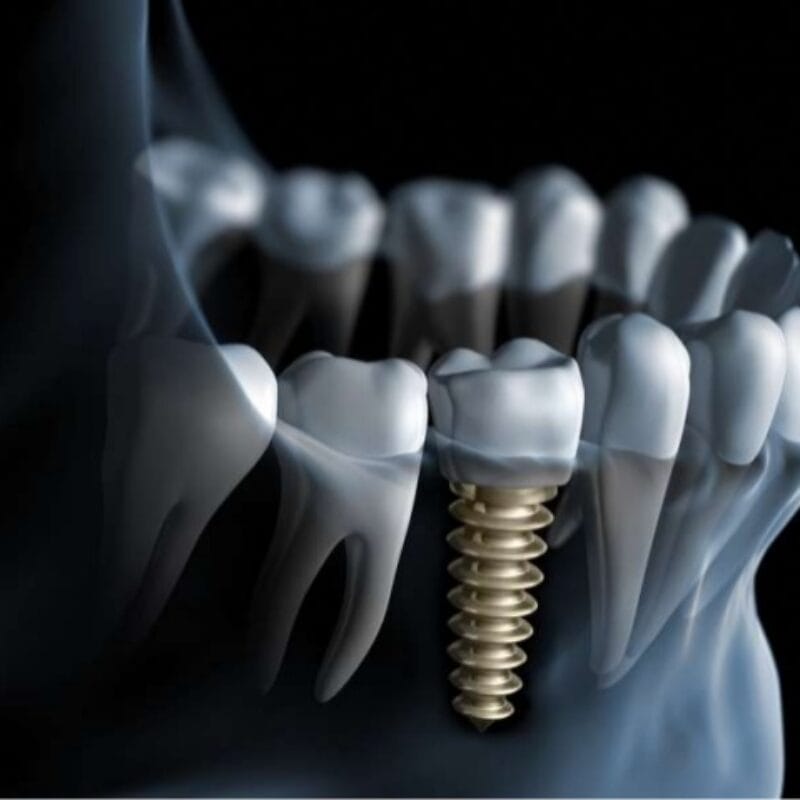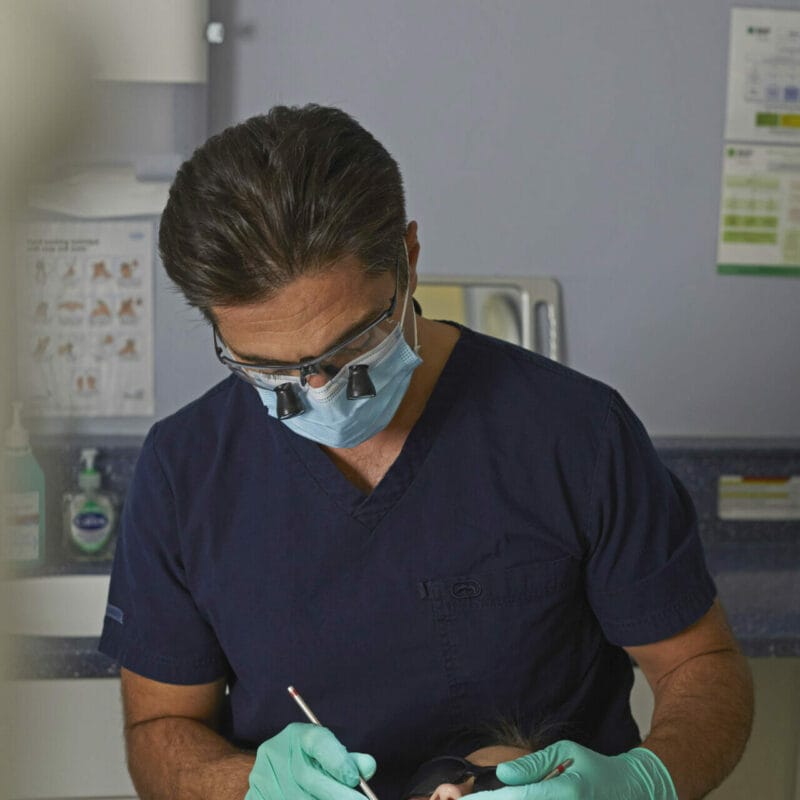Your dentist will discuss with you the procedure to determine where and how your implant should be placed.
Replacing a Single Tooth If you are missing a single tooth, one implant and a crown can replace it.
Replacing Several Teeth If you are missing several teeth, implant-supported bridges can replace them.
Replacing All of Your Teeth If you are missing all of your teeth, an implant-supported full bridge or full denture can replace them.
- Sinus Augmentation A key to implant success is the quantity and quality of the bone where the implant is to be placed. The upper back jaw has traditionally been one of the most difficult areas to successfully place dental implants due to insufficient bone quantity and quality and the close proximity to the sinus. Sinus augmentation can help correct this problem by raising the sinus floor and developing bone for the placement of dental implants.
- Ridge Modification Deformities in the upper or lower jaw can leave you with inadequate bone in which to place dental implants. To correct the problem, the gum is lifted away from the ridge to expose the bony defect. The defect is then filled with bone or bone substitute to build up the ridge. Ridge modification has been shown to greatly improve appearance and increase your chances for successful implants that can last for years to come.




